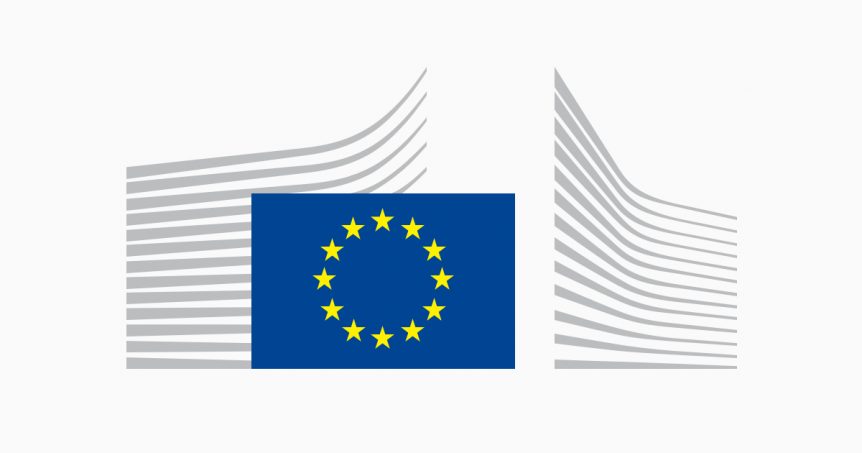Paris, Brussels, 23 February 2022 – The European Commission adopted its long-awaited proposal for a directive on Sustainable Corporate Due Diligence (SCDD), which aims to prevent and remedy human rights and environmental abuses in global value chains. The text represents a historic opportunity to enhance protection of workers, affected communities, and the planet, but as the draft stands, it falls short of expectations. FIDH and 21 of its members urge the European Parliament and Council to strengthen the draft in the negotiation phase.
“Land-grabbing, forced labour, heavy pollution, attacks against human rights defenders… Every day, people around the world are impacted by European businesses and their value chains. Today’s proposal could begin to provide solutions to some of the world’s most pressing problems. But this cannot be done by recycling business-as-usual mechanisms,” said Maddalena Neglia, head of FIDH’s globalisation and human rights desk.
FIDH welcomes the fact that the bill would create new due diligence obligations for companies to identify and address human rights and environmental breaches in their global value chains. Nevertheless, the text suggests that such obligations could be fulfilled by relying on company codes of conduct, contract clauses between a company and its suppliers or business partners, audits, third-party verifications and industry initiatives – existing business mechanisms that have failed to protect human rights and the environment. Such a compliance-based approach, which is explicitly encouraged as the means to implement due diligence, could allow parent companies to avoid responsibility and risks weakening the entire text.
The scope of the proposed directive is also disappointing. It would apply to businesses operating on the European market with more than 500 employees and €150 million turnover. In some “high-impact” sectors like mining and forestry, the text adopts lower thresholds of 250 employees and €40 million turnover. As it stands, the text would exclude over 99% of EU businesses, including many state-owned firms or smaller companies with potentially harmful operations. In its current formulation, the text would achieve the paradoxical result of allowing multinationals to discharge most of the burden on their business partners, which are often small and medium-sized enterprises (SMEs), while simultaneously exempting SMEs from explicit responsibilities under the law. The text also focuses on a limited list of human rights and environmental abuses, another dangerous loophole.
Moreover, although energy companies have a tremendous responsibility in the climate crisis, the draft’s climate protection measures are weak: while companies will be required to adopt a transition plan in line with the Paris agreement, they will not be liable if they fail to implement it.
A positive feature of the directive allows companies to be held liable in civil courts for damages committed in their own operations or value chains and allows national authorities to sanction companies who fail to respect their obligations. However, the directive fails to address key obstacles to victims’ access to remedy: high costs of litigation, disproportionately high burden of proof, opacity and lack of access to information, restricted legal standing, and limited statutes of limitations.
The voices of local communities, workers, civil society organisations and human rights defenders are key to ensure effective prevention of abuses. Yet the draft’s few obligations to consult with such actors are weakly worded. While the proposal extends the scope of existing whistleblower protection, it fails to address specifically the plight of human rights defenders, including labor unions, that are regularly subjected to reprisals for speaking up in the context of economic projects.
“Overall, the draft directive sends the wrong message: that companies can just manage risks through ad hoc contract clauses and by pushing burdens and responsibilities further down the value chain. States and the European Parliament negotiating the draft must strengthen the text if they care about the protection of people and the planet,” said José Aylwin, FIDH Secretary general for globalization and human rights.
Signatories:
- Acción Ecológica
- ALTSEAN-Burma
- Al-Haq
- Association Marocaine des Droits de l’Homme
- Bir Duino – Kyrgyzstan
- Cairo Institute for Human Rights Studies (CIHRS)
- Centro de Políticas Públicas y Derechos Humanos- Perú EQUIDAD
- China Labour Bulletin
- Colectivo de Abogados José Alvear Restrepo (CAJAR)
- Commonwealth Human Rights Initiative (CHRI)
- Covenants Watch
- Egyptian Initiative for Personal Rights
- Internationale Liga für Menschenrechte
- Justiça Global
- Ligue Burundaise des droits de l’homme Iteka
- Ligue des Droits de l’Homme
- Manushya Foundation
- Mwatana for Human Rights
- Observatorio Ciudadano
- Organisation Marocaine Des Droits Humains
- Vietnam Committee on Human Rights
Share this Post

